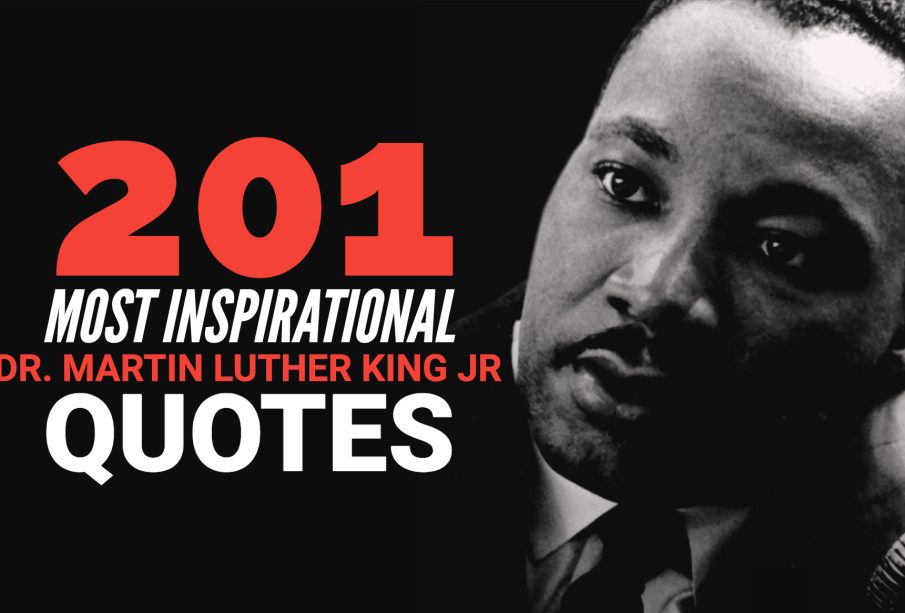The Lasting Impact of Martin Luther King

Introduction
Martin Luther King Jr. holds a significant place in history as a pivotal leader in the American civil rights movement. His commitment to nonviolence, equality, and justice has shaped modern social reforms. As discussions around race, equality, and justice continue in today’s society, understanding King’s influence is more relevant than ever.
The Rise of a Leader
Born on January 15, 1929, in Atlanta, Georgia, Martin Luther King Jr. emerged as a prominent civil rights leader in the 1950s and 1960s. His leadership style was characterised by his belief in nonviolent protest as a means to combat racial injustice. King’s efforts were instrumental in mobilising communities across the United States, culminating in significant moments such as the Montgomery Bus Boycott in 1955 and the March on Washington in 1963, where he delivered his iconic “I Have a Dream” speech.
Key Contributions and Events
King’s influence extended beyond his notable speeches and protests; he also played a crucial role in the passing of key legislation aimed at securing civil rights for African Americans. The Civil Rights Act of 1964 and the Voting Rights Act of 1965 were landmark achievements that resulted from years of struggle and advocacy championed by King and his allies. His work laid the groundwork for future generations to continue fighting for equality.
Current Relevance
Today, Martin Luther King Jr.’s messages resonate amid ongoing conversations about racial inequality and social justice. His philosophy of nonviolence and his call for unity are cited in contemporary movements, such as Black Lives Matter, which address systemic racism and seek to amplify marginalised voices. The continuation of King’s vision highlights the ongoing fight for civil rights across the globe, not just in the United States but in various nations contending with social injustices.
Conclusion
Martin Luther King Jr.’s legacy continues to inspire efforts towards a more just society. As the world observes his life and contributions, it becomes clear that the journey for equality is ongoing. His teachings encourage individuals to engage actively in advocacy and discussions that promote understanding and equity. In this way, in recognising the significance of his work, we not only honour his memory but also commit ourselves to creating a better future for all.









